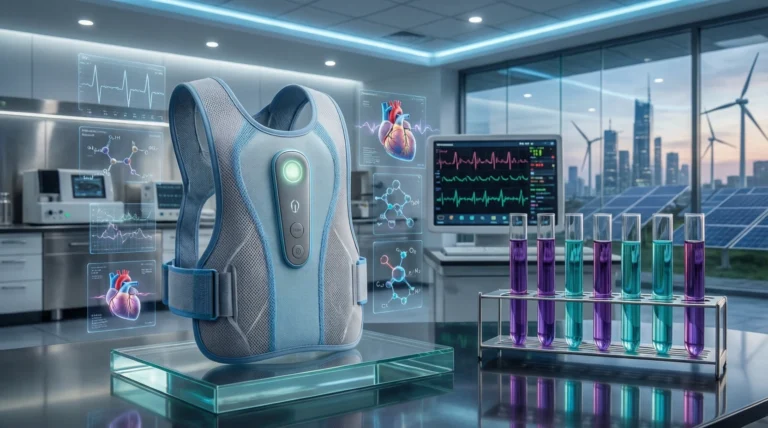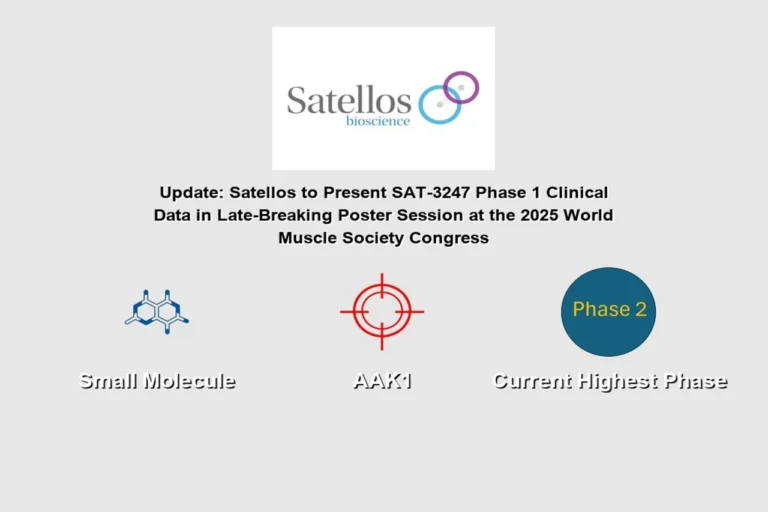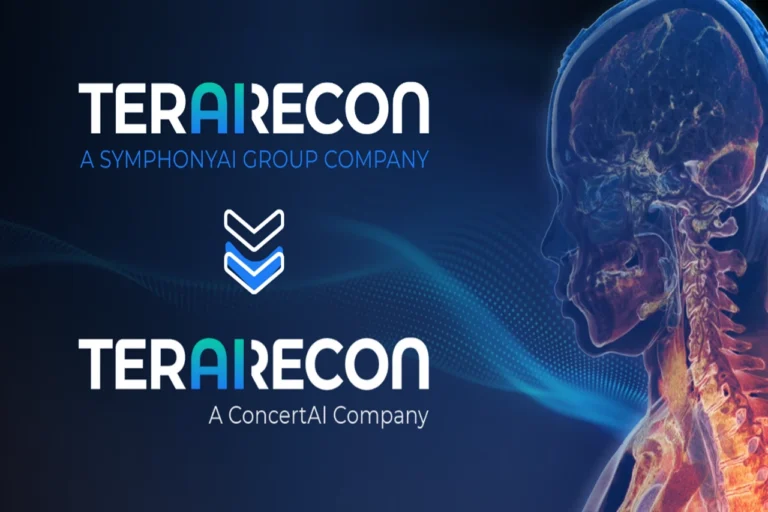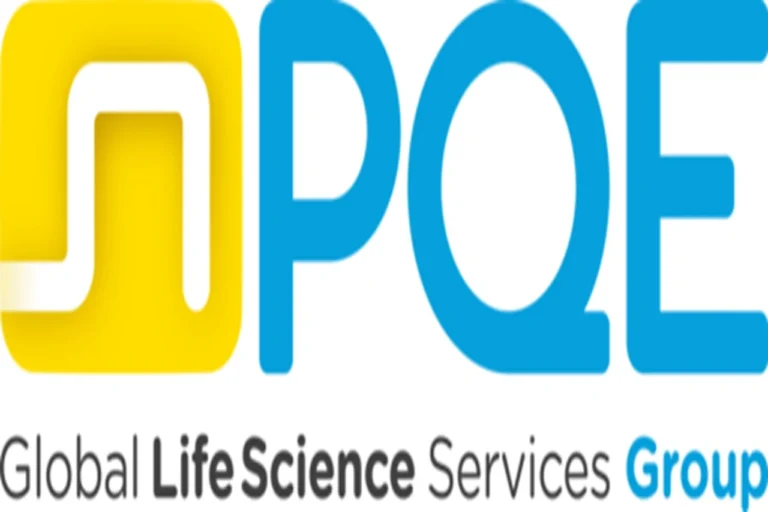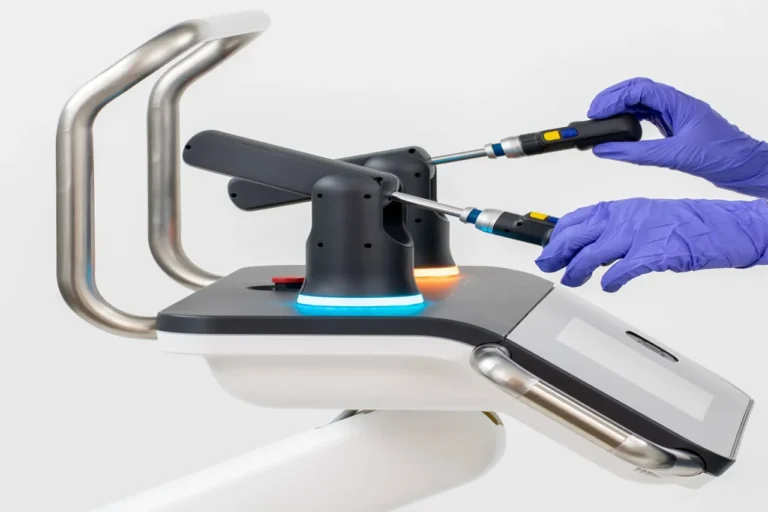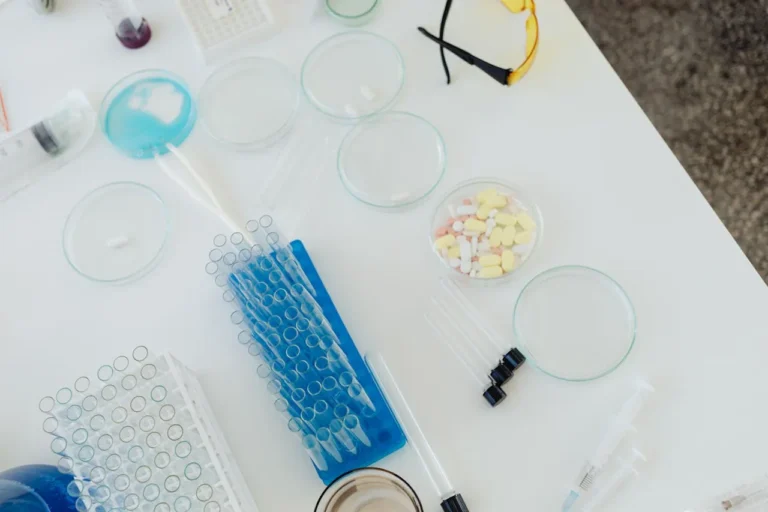
Prota Therapeutics Pty Ltd., a clinical-stage biotechnology company developing novel oral immunotherapy (OIT) treatments for food allergies, today announced that clinical research conducted in partnership with the Murdoch Children’s Research Institute (MCRI) was awarded a prestigious prize at the 2025 European Academy of Allergy and Clinical Immunology (EAACI) Annual Congress. The award recognized Prota’s presentation of three-year follow-up data from the Phase 2b PPOIT-003 long-term (PPOIT-003LT) study of PRT120, the company’s lead investigational therapy for peanut allergy.
The presentation, which earned the EAACI Prize for Outstanding Oral Abstract Presentation, highlighted durable remission outcomes following treatment with PRT120, a peanut OIT that uses a proprietary short-duration dosing regimen. Unlike standard desensitization approaches that require indefinite daily dosing to maintain protection, PRT120 aims to induce lasting immune tolerance—offering patients freedom from the ongoing treatment burden.
Long-Term Clinical Outcomes
The PPOIT-003LT study represents one of the longest and most comprehensive follow-ups conducted in peanut allergy immunotherapy. Results at two years post-treatment were previously published (Loke et al., Allergy 2024) and showed that over 95% of children in remission after PRT120 were freely eating peanuts or maintaining regular ingestion, with no evidence of relapse.
At three years post-treatment, the newest findings presented at EAACI revealed similarly compelling outcomes:
- Over 90% of children in remission continued to eat peanuts regularly.
- No moderate or severe allergic reactions were reported in this group.
- No epinephrine use was required to manage reactions.
By contrast, children who had been desensitized without achieving remission struggled to sustain regular peanut consumption. Many discontinued treatment entirely, and several continued to experience moderate or severe reactions, with some requiring emergency epinephrine.
“These latest long-term data reinforce remission as the preferred treatment outcome,” said Professor Mimi Tang, Ph.D., Director of the Allergy Translation Centre and Head of Allergy Immunology at MCRI, and Scientific Founder of Prota. “Children in remission after Prota’s unique short-duration oral immunotherapy not only maintain protection without daily dosing but also enjoy a better quality of life, free from the ongoing anxiety and burden of strict treatment. This work was only possible through the dedicated efforts of the clinical teams at MCRI, Perth Children’s Hospital, and Adelaide Women’s and Children’s Hospital, and we are deeply grateful to the families who participated.”
Scientific Recognition
The EAACI award builds on earlier recognition for Prota’s work. In 2023, Prota and MCRI received the GALEN GA²FA Annual Conference prize for their two-year post-treatment outcomes, highlighting consecutive international acknowledgment of the program’s groundbreaking clinical data.
“This recognition from EAACI underscores the clinical importance of remission as an endpoint,” said Paxton Loke, Ph.D., research clinician at MCRI, principal investigator for PPOIT-003LT, and presenter of the study. “To see children remain protected and able to eat peanuts freely three years after completing PRT120 treatment—without fear of severe reactions or the burden of indefinite daily dosing—shows the transformative potential of this therapy.”
EAACI, Europe’s leading professional society for allergy and clinical immunology, is widely regarded as one of the most influential scientific forums in the field. Recognition at this congress underscores the growing international consensus that durable remission should be considered the gold-standard endpoint for food allergy therapies, beyond simple desensitization.
The Case for Remission
While peanut oral immunotherapy has demonstrated the ability to desensitize patients, most approaches require continuous daily dosing to sustain protection, leaving families facing years of adherence challenges, anxiety about missed doses, and ongoing risk of reaction. By contrast, remission—defined as sustained unresponsiveness after therapy is stopped—offers long-term protection without continued treatment.
Professor Tang emphasized this point:
“While awards are not formal measures of clinical success, they represent important acknowledgment from leading scientific peers. Our long-term data provide a strong foundation for the upcoming four- and five-year analyses, which continue to show persistence of remission and improvements in quality of life—rare achievements in food allergy research.”
Toward Phase 3 Development
The promising three-year follow-up results provide critical support for Prota’s plans to advance PRT120 into a Phase 3 clinical trial in the United States, with initiation expected in the coming year. This pivotal trial will further evaluate the therapy’s ability to induce durable remission and provide the necessary evidence for potential regulatory approval.
Guillaume Pfefer, Ph.D., Director of Prota Therapeutics, noted the momentum created by these findings:
“This recognition not only validates the strength of Prota’s science and clinical research but also energizes our preparations for Phase 3 development. With its differentiated short-course dosing regimen and demonstrated durability of effect, PRT120 has the potential to free children and families from the daily fear and limitations of peanut allergy.”
Study Details
The awarded abstract, “Patterns of peanut ingestion in remission vs. desensitized patients after completion of peanut oral immunotherapy at 3-years post-treatment,” is now available online.
The PPOIT-003LT study was supported by the National Health and Medical Research Council (NHMRC) under grants GNT2017438 and GNT2023962. The content of the study and its communications are the sole responsibility of MCRI and do not necessarily represent the views of the NHMRC.
Looking Forward
Peanut allergy affects millions of children worldwide and remains one of the most common—and feared—food allergies. With no curative therapies currently available, the burden on families is immense, involving strict dietary avoidance, constant vigilance, and the ever-present risk of severe, life-threatening reactions.
The long-term remission outcomes observed with PRT120 suggest a paradigm shift may be possible. By achieving durable protection without ongoing treatment, PRT120 offers the promise of restoring normalcy to the lives of children and families impacted by peanut allergy.
As Prota advances toward Phase 3 development, the company remains committed to translating these results into a therapy that could redefine the future of peanut allergy care.
About PRT120
PRT120 is Prota’s lead candidate and the first oral immunotherapy designed specifically to induce long-lasting remission of peanut allergy. Using a novel, proprietary dosing regimen with a rapid build-up to a high-dose maintenance phase over 18 months, PRT120 induces immune changes that switch off peanut-specific IgE production, the underlying driver of peanut allergy. In a Phase 2b clinical trial, PRT120 achieved best-in-class protection, with nearly 80% of patients tolerating the equivalent of 20–25 peanuts at the end of treatment and was the first therapy to demonstrate sustained protection off-treatment.
About Prota Therapeutics
Prota Therapeutics is a late clinical-stage biotech company dedicated to advancing allergen oral immunotherapies for treating food allergies, particularly addressing the prevalent and potentially life-threatening issue of peanut allergy. Prota was founded to develop and commercialize novel oral immunotherapy treatments and holds an exclusive license to the proprietary food immunotherapy technology developed at the Murdoch Children’s Research Institute. For more, please visit: https://protatherapeutics.com/.
About Murdoch Children’s Research Institute
Murdoch Children’s Research Institute is the largest child health research institute in Australia committed to making discoveries and developing treatments to improve child and adolescent health in Australia and around the world. They are pioneering new treatments, trialling better vaccines and improving ways of diagnosing and helping sick babies, children and adolescents. It is one of the only research institutes in Australia to offer genetic testing to find answers for families of children with previously undiagnosed conditions. For more, please visit: https://www.mcri.edu.au/.


